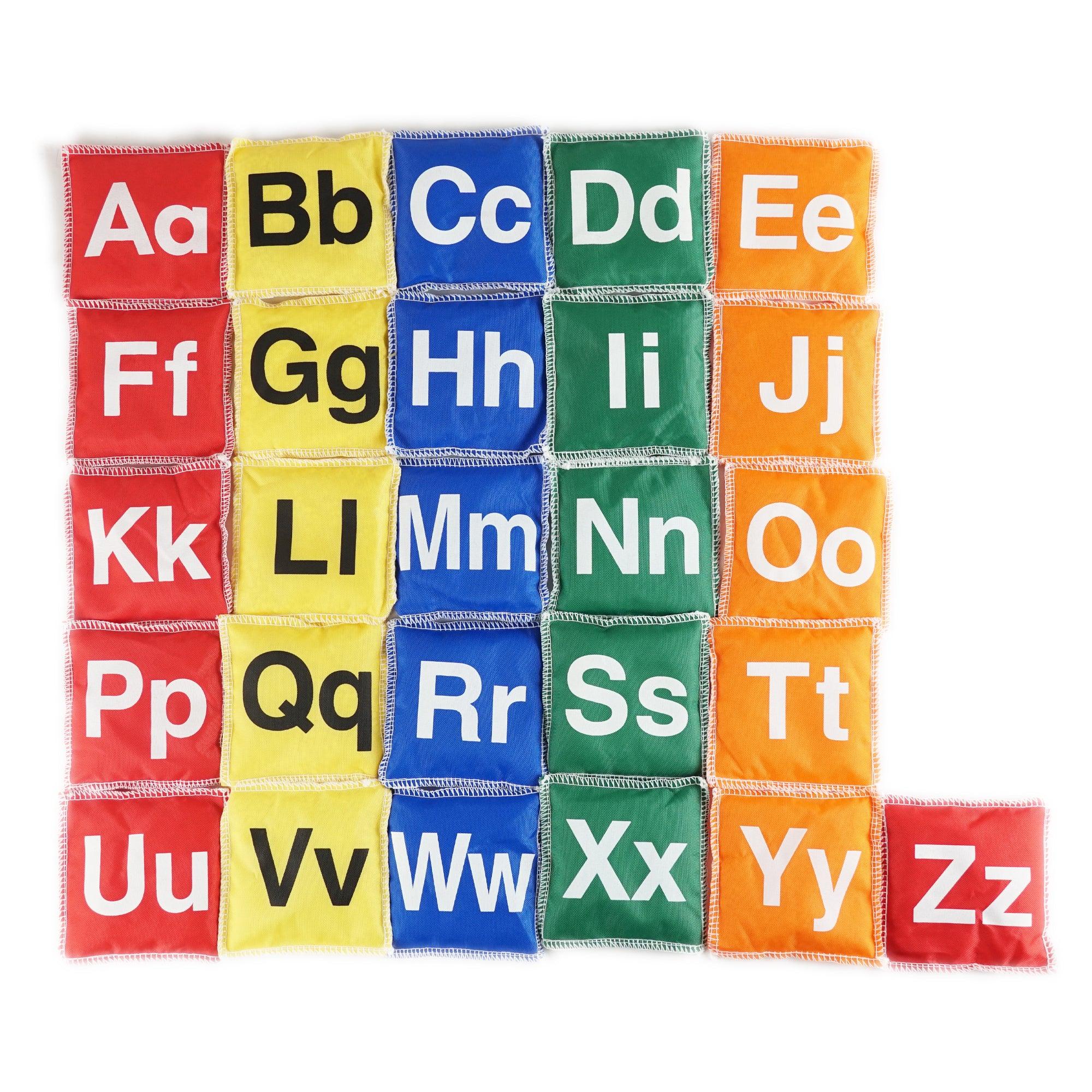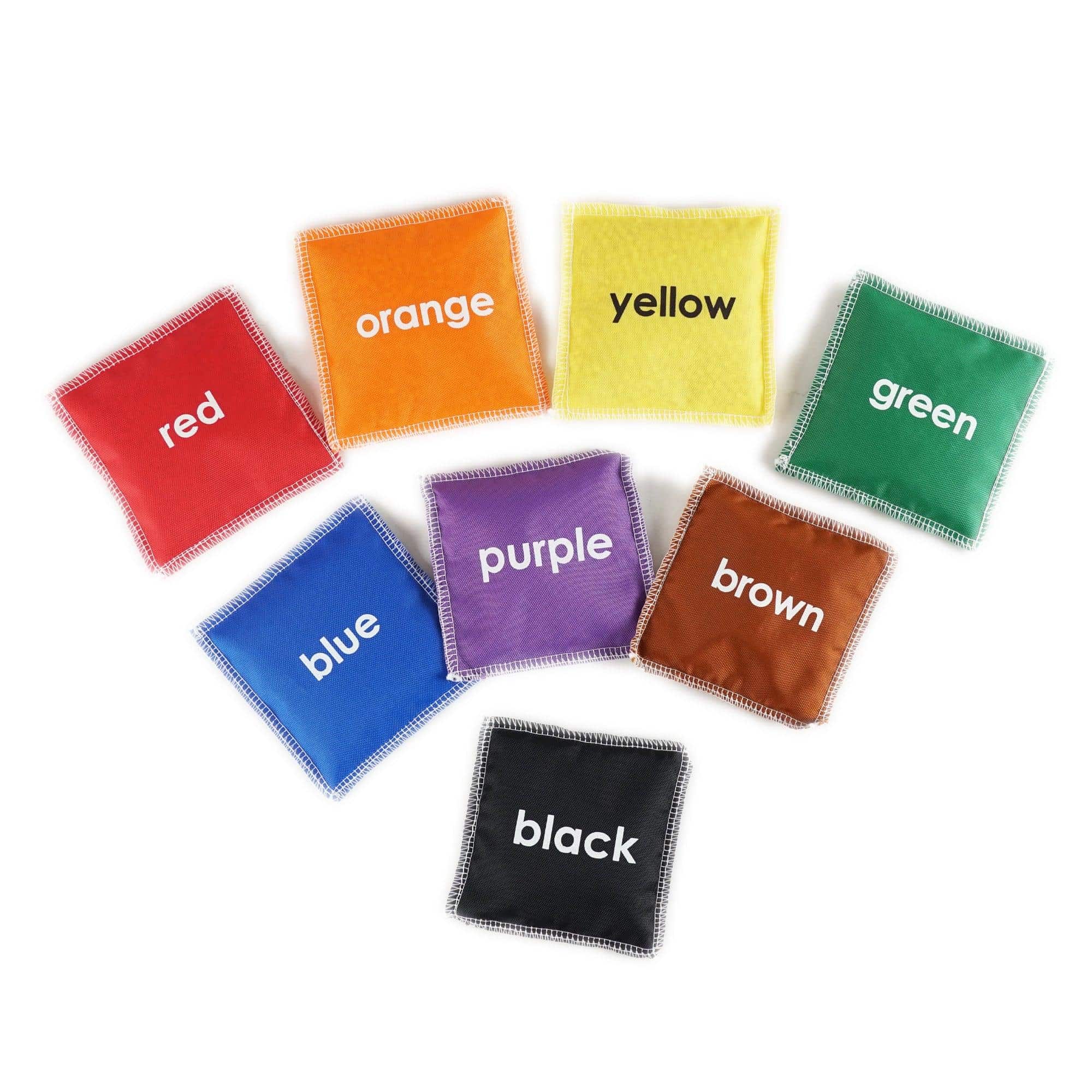The Role of Pretend Play in Developing Communication and Language Skills
Introduction
What is Pretend Play?
Pretend play, also known as imaginative play or make-believe play, refers to the act of engaging in fictional,
often dramatic, scenarios that involve mimicking real-life situations or creating imagined scenarios. It
involves children using their imagination, creativity, and cognitive skills to take on the roles of
different characters, interact with objects, and create stories.
Importance of Pretend Play
Pretend play is not just a way for children to have fun, but it also plays a crucial role in their overall
development. One of the key areas in which pretend play significantly impacts is communication and language
skills. Here’s why:
- Enhanced Vocabulary: Engaging in pretend play allows children to use and expand their
vocabulary by using new words and phrases in different contexts. This exposure to various vocabulary words
helps in building their language skills. - Improved Verbal Communication: Pretend play encourages children to express themselves
verbally, communicate their thoughts, and engage in conversations with peers. This practice enhances their
verbal communication skills and helps them become effective communicators. - Enhanced Non-Verbal Communication: Pretend play often involves the use of gestures, facial
expressions, and body language to communicate ideas and emotions. By engaging in such play, children learn
to interpret and use non-verbal cues effectively for communication. - Developing Narrative Skills: Pretend play provides an opportunity for children to create
stories, plotlines, and dialogues. This helps in developing their narrative skills, including sequencing,
storytelling, and understanding different perspectives. - Improved Listening Skills: During pretend play, children need to listen attentively to
instructions, cues, and conversations. This helps in honing their listening skills and understanding the
importance of active listening.
Features of Pretend Play
Pretend play exhibits several distinctive features that contribute to the development of communication and
language skills:
- Imagination and Creativity: Pretend play encourages children to use their imagination and
creativity to create scenarios, characters, and narratives. This boosts their cognitive development and
fosters their ability to think creatively. - Role-Playing: Pretend play involves children taking on different roles and assuming
various personas, which helps in building empathy, understanding different perspectives, and enhancing
social skills. - Problem-Solving: Pretend play often presents opportunities for children to encounter
problems or challenges that they need to solve within the context of the play scenario. This promotes
critical thinking skills and problem-solving abilities. - Cooperative Play: Pretend play commonly involves multiple children engaging in play
together. This encourages cooperative play, collaboration, turn-taking, and negotiation skills. - Language Play: Pretend play often includes the use of symbolic language, nonsense words,
and invented languages, which stimulate language play and creativity with words.
Conclusion
Pretend play serves as a valuable tool for enhancing communication and language skills in children. By
fosters their creativity, enhancing verbal and non-verbal communication, developing narrative skills, and
promoting active listening, it provides a holistic approach to language development. Encouraging children to
engage in pretend play can significantly contribute to their overall communication and language proficiency,
ultimately preparing them for successful social interactions and future language learning.




